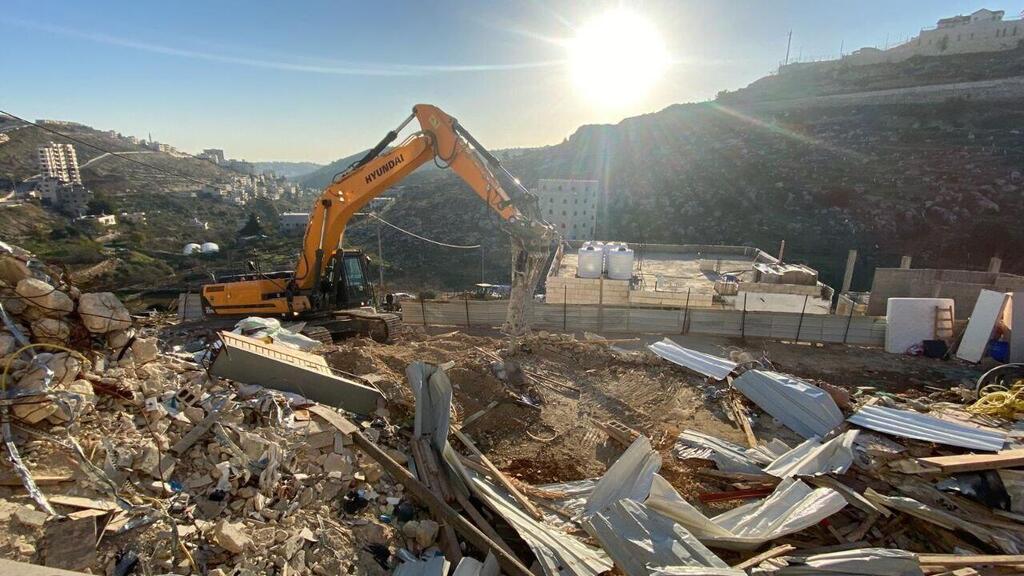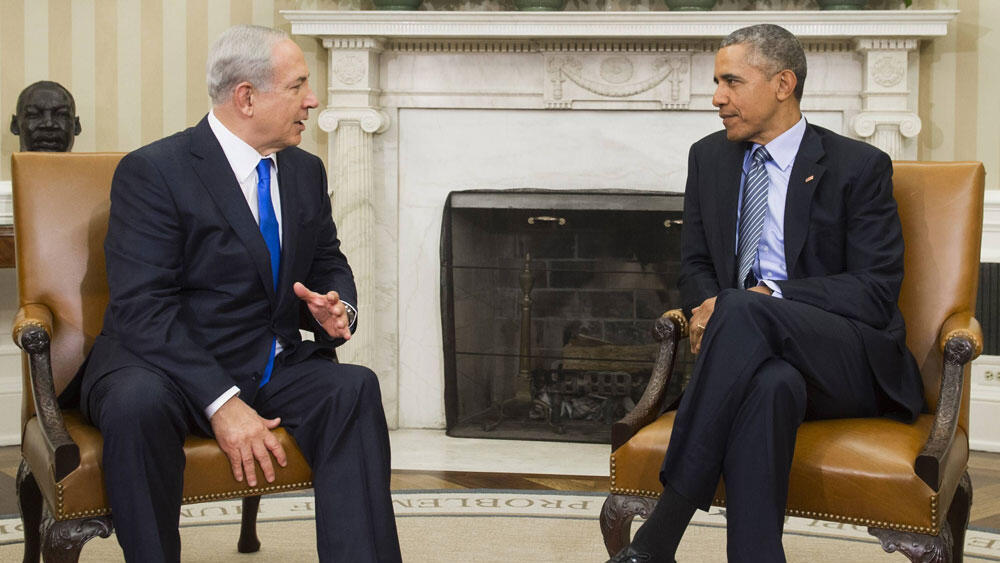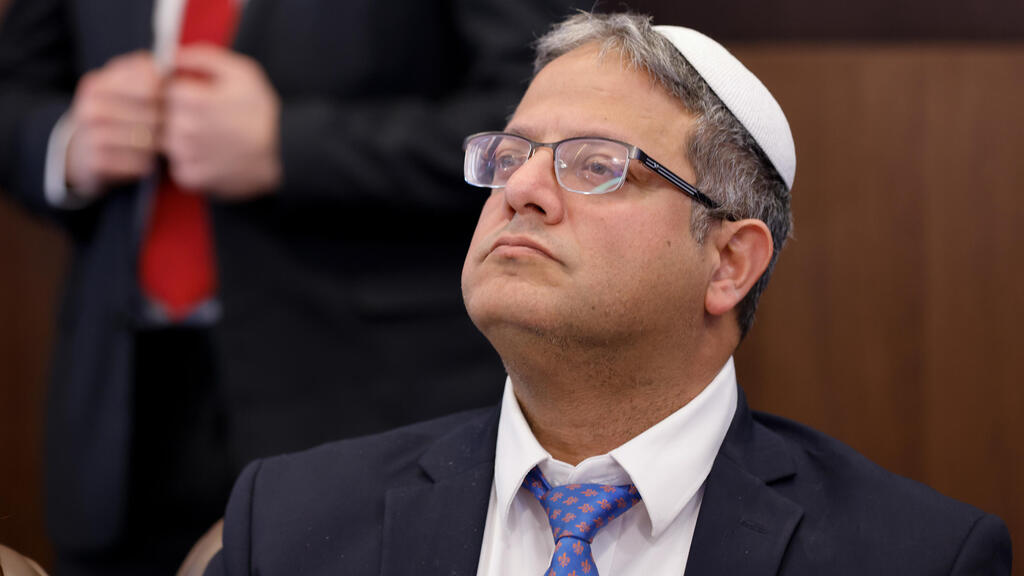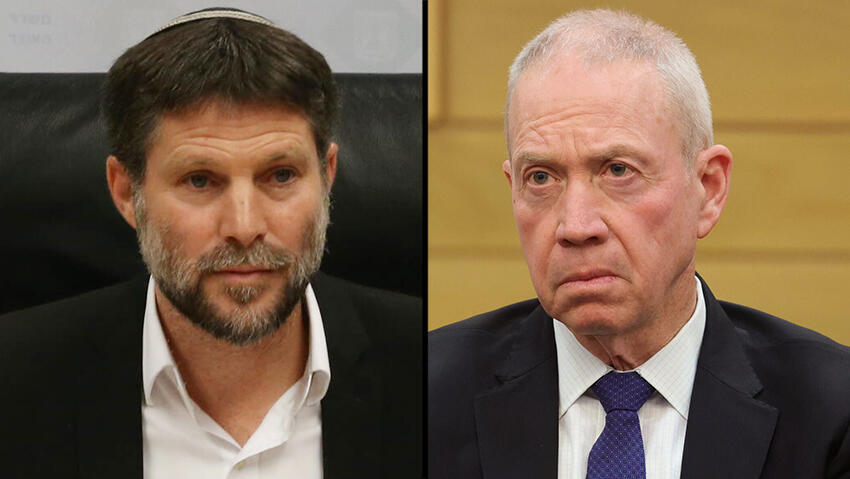The attempt to establish the illegal outpost in the West Bank late last week and again on Sunday, has thankfully shown that even this far-right government has its red lines.
Just as the Left has a Zionist component that stands in contrast to the anti-Zionist far-left, so does the Right.
In fact, for years, the moderate Left and Right have shown plenty of similarities, which the far-left and far-right extremes have exhibited as well.
While the more moderate groups want Israel to be a Jewish and democratic state, those on the fringes seek one nation "from the river to the sea." The good news is that the extremists are incapable of cooperating with each other.
Israel's last unity government was actually the one established a year and a half ago. It contained parties from the center of the political arena as well as the Zionist Left, but also had a considerable right-wing component.
But, after the last elections in November, and despite a virtual draw between left and right-wing voters, a conservative government made up only of one side of the political map was formed. It includes a substantial ultra-Orthodox contingent, one that has become increasingly supportive of the far-right ideologies.
In Prime Minister Benjamin Netanyahu's Likud party, there are also two entities. There is the Zionist Right and the far-right, which are more aligned with the views of religious Zionism. It is often hard to find the gap between views expressed by Communication Minister Shlomo Karhi (Likud) and Religious Zionist MK Simcha Rothman.
Netanyahu was once part of the moderate Right. He had proved so during the negotiations with the Palestinians over the past decade.
During talks with then-U.S. Secretary of State John Kerry and then-President Barak Obama, Netanyahu agreed to a Palestinian state on more than 90% of the disputed West Bank territories.
He later said he would agree to such a state on 70% of the land, as part of the peace initiative proposed by then-U.S. President Donald Trump.
Just three weeks after his latest coalition was established, the disagreement between the various factions within it became evident - despite all of them being seemingly right-wing. And while this government did not decide to establish any new settlement or outpost, it did dismantle one such site.
Police's special forces accompanied by Civil Administration inspectors took down structures erected by a group of far-right settlers, with the help of Religious Zionist lawmakers, including Itamar Ben-Gvir.
Since authority over the West Bank is still being argued, the final word on the ground was that of the IDF commander who ordered the outpost taken down.
In the West Bank, the military answers to the defense minister, and the Civil Administration is subordinate to the Coordinator of Government Activity (COGAT), which is also part of the ministry.
Removing settlers from illegal outposts falls to troops in uniform, who are under the IDF's command, some from the Border Police, and must also answer to National Security Minister Ben-Gvir, whose faction member stood firm to protect the settlers when the troops arrived to remove them.
I challenge any lawyer who formulated the coalition agreements to make sense of them and decipher who was actually in charge when the settlers were told to leave.
This complicated web was designed to fulfill the needs of the coalition, but it is bad for the country, bad for the government, the military and the police. But fear not. We will be told a tale of a thousand nights by our leaders, praising the newfound governance.
There are some ideological differences that cannot be swept under the rug we now call the coalition.
Finance Minister Bezalel Smotrich (Religious Zionist Party) wants to fulfill the vision of Land of Israel. One big nation from the river to the sea. He wants more outposts so that his interpretation of a Jewish state could come to fruition.
Defense Minister Yoav Galant (Likud) made his views known to all when he spoke to the Council of Presidents of American Jewish organizations in 2016. He then conceded that a Palestinian state would have to be established because there would be seven million Jews and seven million Arabs between the river and the sea.
This first domestic war within the coalition is being waged on two fronts: authority, and ideology.
Israeli settlements are scattered all over the disputed lands and will likely remain under Israeli sovereignty in any future peace agreement. The 100 or so illegal outposts, which the Israeli government promised to then-U.S. President George Bush would be removed, are for the most part still on the ground and their fate is undetermined.
Some 30 of these outposts have been legalized, and the rest will surely escape being dismantled under the new government.
Because why not? Law? Order? Don't make Smotrich and his radical settler friends laugh.





